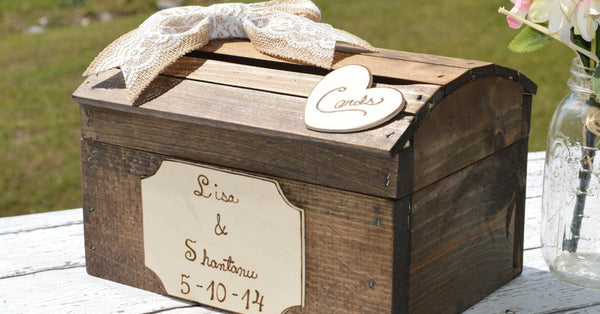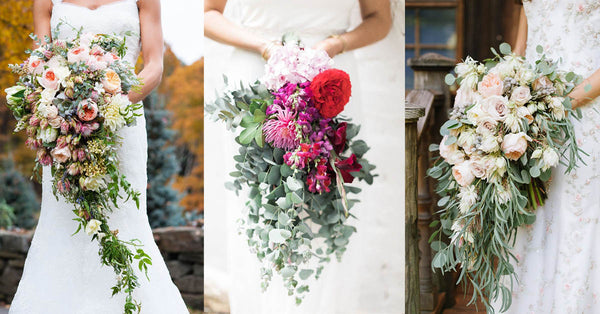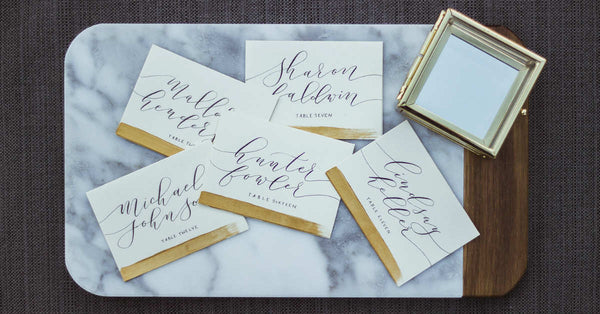- Continue Shopping
- Your Cart is Empty
Wedding Traditions and Superstitions We Can't Believe are Still Alive
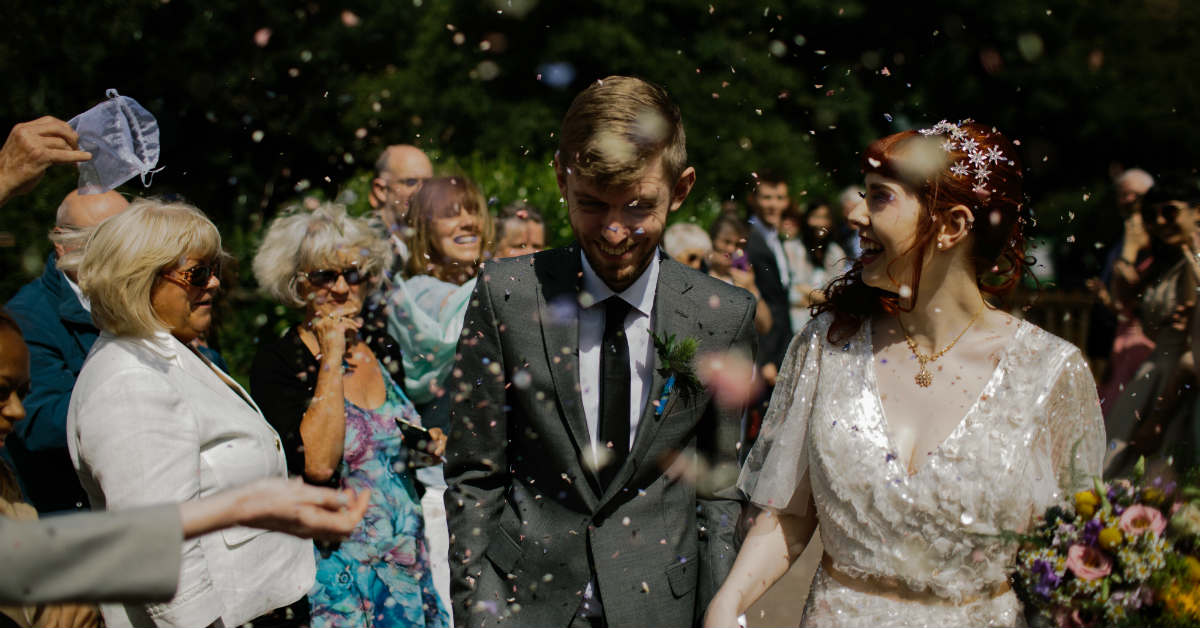
Something old, something new, something borrowed, something blue… Wedding traditions are still around for a reason. They’re good reminders of what happened and what people put a premium on years ago. While we love tradition and history, there are some traditions, beliefs and superstitions we can’t believe are still around.
Lucky Wedding Days
It goes without saying that when we get married — or get into a relationship — we hope for the best. We don’t mean to sound cheesy by using the F word (forever, of course) but we all want things to work out. That’s precisely the reason why there have been lots of traditions and superstitions related to luck during weddings.
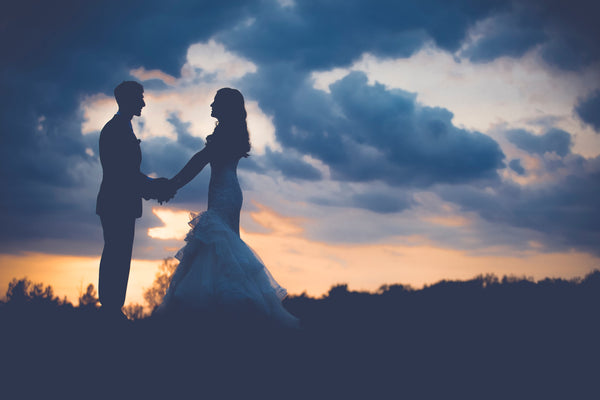
Did you know that in the English tradition, different days have different areas to get lucky at? Say, you get married on a Monday. The day is said to be great for the wealth department. Meanwhile, Tuesday is for health. The luckiest day of them all, however, is Wednesday.
We’re sure many couples find it easy to pick a date that falls on a weekend because it’s convenient for their guests, but there are surely still some who believe and follow this age-old tradition.
Wedding Day Rain
Alanis Morrisette said it’s “ironic” to for it to rain on your wedding day, but in Hindu culture, it actually signifies good luck. In a way, it’s like the heavens blessing your union. If you’re having an outdoor wedding or a garden wedding, the rain is definitely unwelcome.
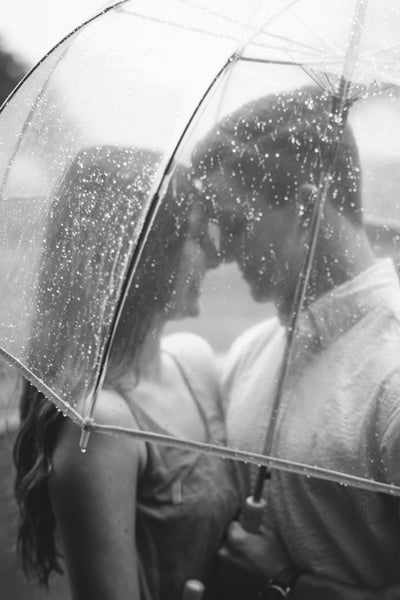
Meanwhile, in some cultures, there are also supposed countermeasures for the rain. In the Philippines, for example, eggs are offered to churches as a way to ask God to keep their special day bright and sunny.
Wedding Rings and Jewels
Most wedding rings have a diamond as this has been the traditional stone to use. But there are actually other options that have special meaning. A sapphire actually symbolizes marital happiness while snake rings dotted with ruby eyes symbolize eternity. Another good choice is aquamarine as it symbolizes unity and a long harmonious marriage.
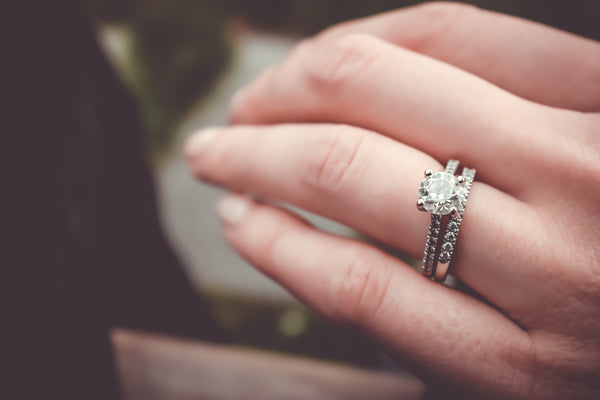
Pearl wedding rings have become quite a popular choice, but there’s a long-held belief that it brings bad luck because it mimics the shape of a teardrop.
Meanwhile, engagement and wedding rings are worn on the fourth finger on the left hand because it was believed that a vein in the said finger is connected directly to the heart.
Tying The Knot
Have you ever wondered where the phrase “tying the knot” came from? It’s a practice amongst different cultures, including Celtic, Hindu and Egyptian, where the couple’s hands are literally tied together. This symbolizes their new bond.
Breaking Glasses
The Greeks believe that breaking glassware during a wedding is good luck, and the more glasses you break, the more years the couple stay together.
Good Luck, Bad Luck and Everything in Between
Aside from hoping things will work out, some people also believe that luck will play a big part in the longevity of a relationship. This is why there are some people who do rituals for good luck. In Egypt, for instance, brides are pinched by female guests on their wedding day for good luck.
In some cultures, such as in Chinese and South Korean, the couples see each other before their ceremony for taking photos. There are still some countries, however, that believe that couples seeing each other before their wedding would bring bad luck.
Another reason why the practice is avoided is supposedly because seeing each other might give them a chance to change their minds.
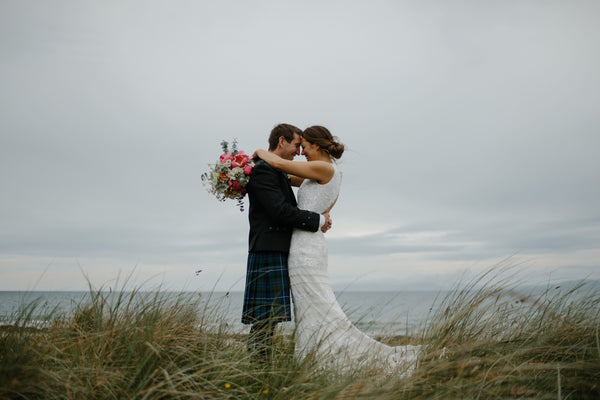
It’s been a long-held tradition for grooms to carry their brides into their new home. This is done because of the belief that a newlywed woman is vulnerable to evil spirits. While some people still do it, many have let go of this tradition already.
Another tradition related to the belief that brides are vulnerable to evil spirits during their wedding day is the wearing of the veil. It started in Rome, where brides wore veils so they can hide from evil spirits who are jealous of their happiness.
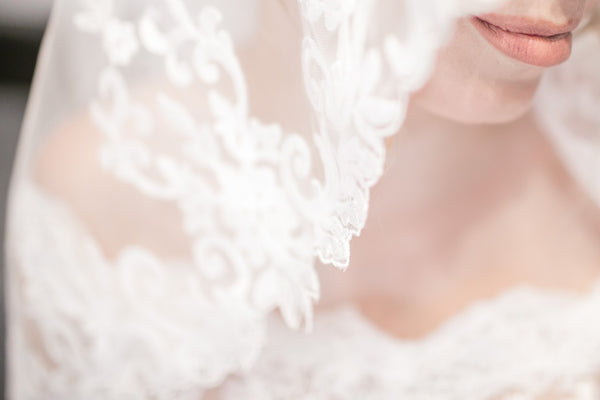
We’ve already witnessed so many grooms crying at the altar while waiting for their brides. But an old superstition says it’s actually good for a bride to cry during her wedding day. It sounds weird, but it is believed that when the bride’s cry will be her last.
So all the past hurt she had been through is washed away and the ceremony is a new beginning for her.
Insects aren’t exactly welcome guests to a wedding, but in English culture, a spider on your wedding dress actually means good luck.
Seeing a black cat is said to be bad luck. But if you’re getting married, seeing a monk or a nun before your wedding can be just as bad. Some say seeing the said religious people will mean a poor life for you and your spouse-to-be.
Bells are rung during most wedding ceremonies in order to ward off evil spirits who may want to interfere with the union. But in Irish culture, some brides take the ringing of the bell seriously and include tiny bells in their bouquets, and thus, warding off evil spirits as they walk down the aisle.
Why Grooms Are Always On The Right
In Christian weddings, the groom’s place is always on the right side. While this might seem like something that just happened to be done because of good blocking it actually has a deeper meaning. In the olden days, this practice was done so that the groom’s right hand is free to ward off his bride’s suitors.
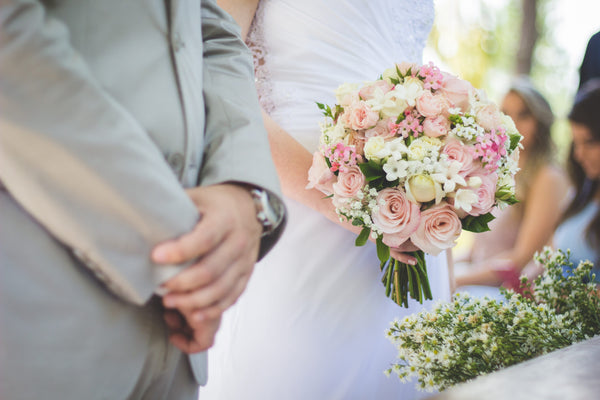
Practicing Your New Name
If you’ve decided to take your spouse-to-be’s last name after you get married, you might be excited to try using it right away. Some say, however, that writing your married name before you’re actually married is bad luck because it’s like tempting fate.
Something Old, Something New, Something Borrowed, Something Blue
We’ve all heard this phrase before. This tradition has been practiced for many years already, but do you know what they really mean? Something old is said to symbolize the bride’s past while something new represents the couple’s new life together.
Something borrowed is supposed to be good luck from a happily married couple. And something blue symbolizes fidelity and love.
Are you going to follow any tradition on your wedding day?
Leave a comment
Comments will be approved before showing up.

